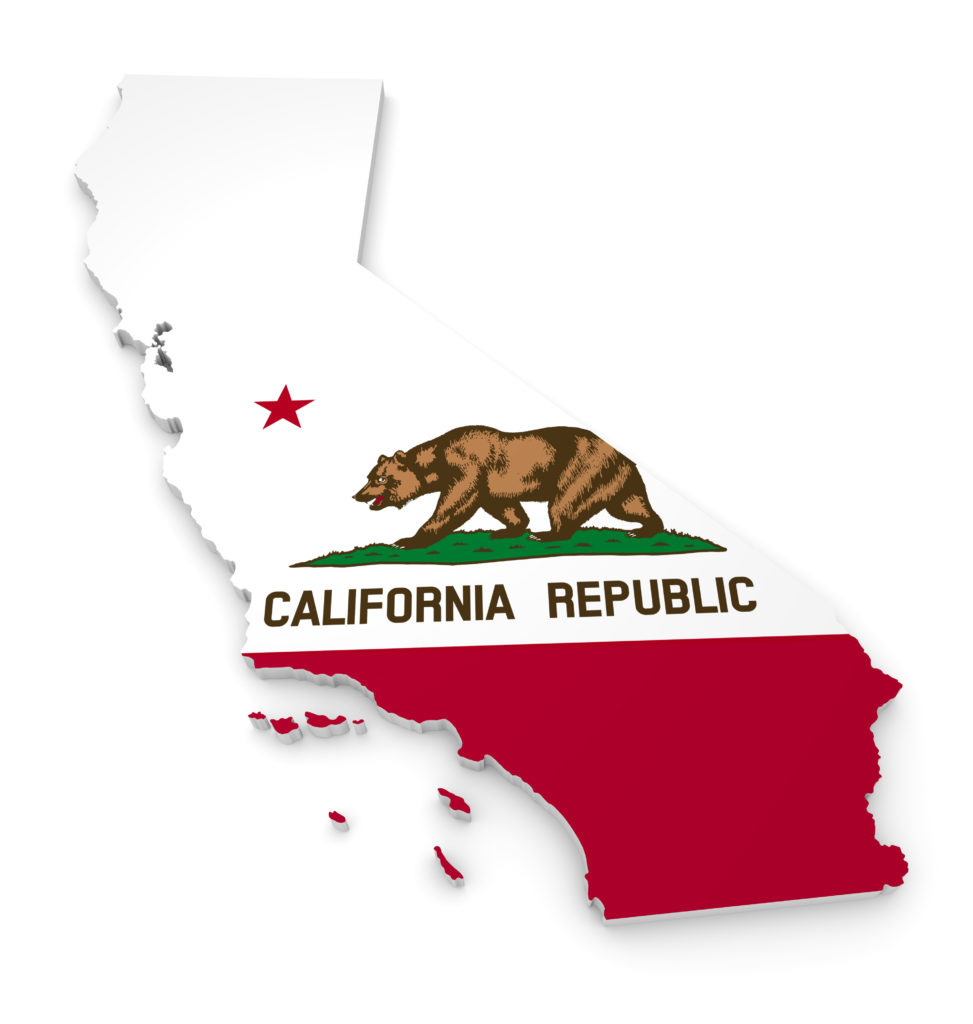In California, in order to qualify for State property tax exemption, a nonprofit’s property must be irrevocably dedicated to religious, hospital, scientific, or charitable purposes; and “the charitable [and/or other exempt] activities must be found to primarily benefit persons within the geographical boundaries of the State of California.” For a more detailed look at the requirements set forth by the State Board of Equalization (BOE), visit the BOE’s Frequently Asked Questions – Property Tax Payment & Relief – Welfare or Veterans’ Organization Exemptions. Here’s an excerpt:
What are the conditions that an organization must meet in order to be considered a “charitable” organization for purposes of qualifying for the Organizational Clearance Certificate, which is needed to receive the Welfare or Veterans’ Organization Exemption?
In general, the organization must demonstrate that it is in receipt of substantial donations from outside sources. Those donations, in turn must be passed on to a segment of the public that is sufficiently large that a gift to the organization may be viewed as benefiting the community as a whole.
Although an organization’s receipt of donations is an important criteria by which its charitable purpose can be demonstrated, the absence of donations, by itself, will not result in a determination that a charitable purpose does not exist if it can be shown that the organization is providing a benefit or gift to the community. (Stockton Civic Theatre v. Board of Supervisors (1967) 66 Cal.2d. 20)
In addition, the organization must meet ALL of the following criteria:
- It must not be organized or operated for profit.
- No part of the net earnings of the organization may benefit any private person.
- The organization’s property (1) must be irrevocably dedicated to religious, hospital, scientific, or charitable purposes, and (2) may not benefit any private person upon liquidation, or abandonment except a fund, foundation, or corporation organized and operated for religious, hospital, scientific, or charitable purposes.
- The organization must qualify as an exempt organization for state or federal income tax purposes.
- The charitable activities must be found to primarily benefit persons within the geographical boundaries of the State of California.
So, a charity with property in California that helps the homeless throughout the country would probably not qualify for property tax exemption unless most of its activities benefited persons in California. A charity dedicated to international relief work (e.g., aiding disaster victims) would also not qualify. [Editorial: Seems pretty short sighted in these times where the world has flattened and our contributions outside the State have great impact to the welfare of the State and persons within the State.]
For more information on this issue, read the Mitchell Silberberg & Knupp Charitable Sector Alert here. Thanks to MSK attorney and fellow UCLA Law alum Ofer LIon for sharing his article.
Also check out our previous post on the California property tax welfare exemption.
8/15/11 UPDATE: Read more about this issue on The Nonprofit Quarterly website – Some California Nonprofits with Global Focus Denied Tax Exemption, which also references The New York Times article on the subject.
12/1/16 UPDATE: Note that according to Richard Moon, Tax Counsel for the BOE, at the 2016 WCTEO, “primarily” is not defined so should not be interpreted to be 50 percent or more. Rather, the activities must confer “meaningful,” “important,” or “significant” benefit to persons within California. Similar laws in other states have been overturned on Constitutional grounds, but according to Moon, the BOE believes its position is sound.
